This page has been created to support parents during COVID-19 and the closure of schools. Each fortnight, we will be releasing new home activity packs with simple 15 minute activities you can do with your child to support their online safety at a time when they will spending more time online at home.
Tagged with ceop
To support parents and carers in keeping their children safe online while they are off school, Thinkuknow have produced two helpsheets with advice and links to Thinkuknow resources they can use at home.
There's a game out there for everyone. Some might prefer sporting games like FIFA and NBA. Others play adventure games such as Fortnite and Minecraft. Video games are arguably better than ever - because almost all of them allow you to play online with friends.
Chatting to other gamers can make it more fun too. It's likely that you'll chat to people that you've never met in real life. They might make you laugh, or give you great gaming tips. And it can feel like you know them well, especially if you voice chat with them through an app like Discord. But remember - it's easy for people to lie online, and some gamers might put pressure on you to do things you're not comfortable with.
Parent Info is a collaboration between Parent Zone and NCA-CEOP, providing support and guidance for parents from leading experts and organisations.
Everything (almost) a parent and carer may need to help keep children safer online.
With the support of local councils and fostering agencies, it is important that foster carers feel confident in dealing with the risks children face both offline and online.
Rules and boundaries you set offline can apply online. Take time to learn about the risks all children and young people face online, including access to inappropriate content and contact from people they don't know, so you can support the children in your care.
Why not play CEOP's fun 'Band Runner' game for 8-10 year olds which sees children collect points and answer questions about staying safe online.

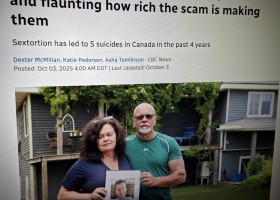
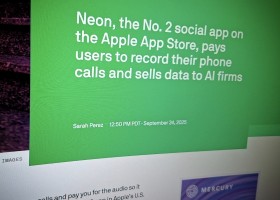
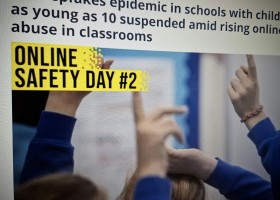
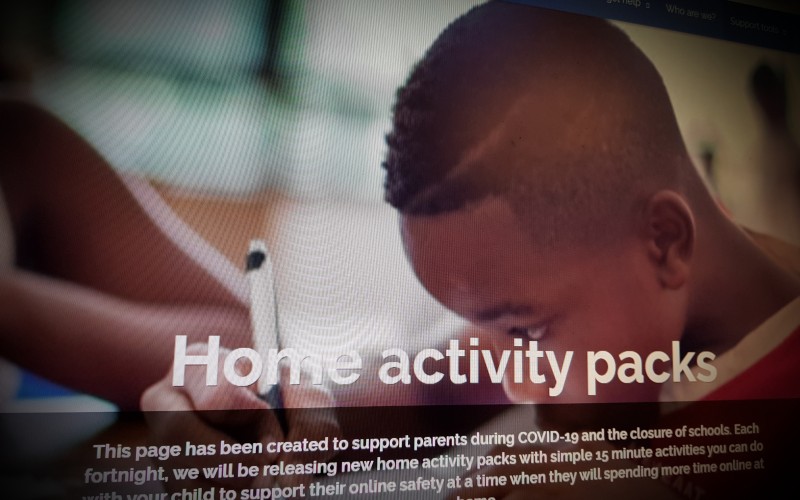
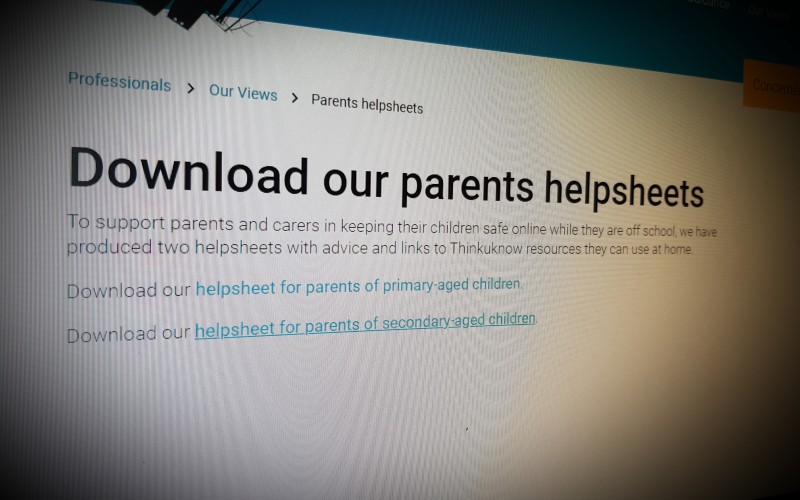
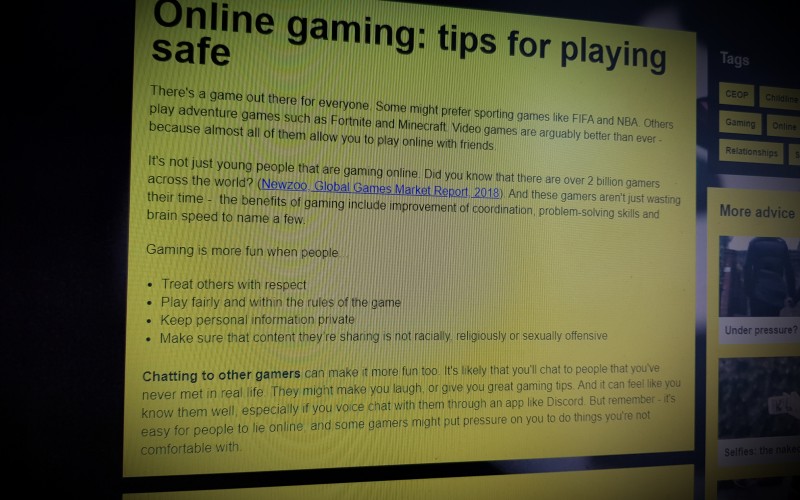
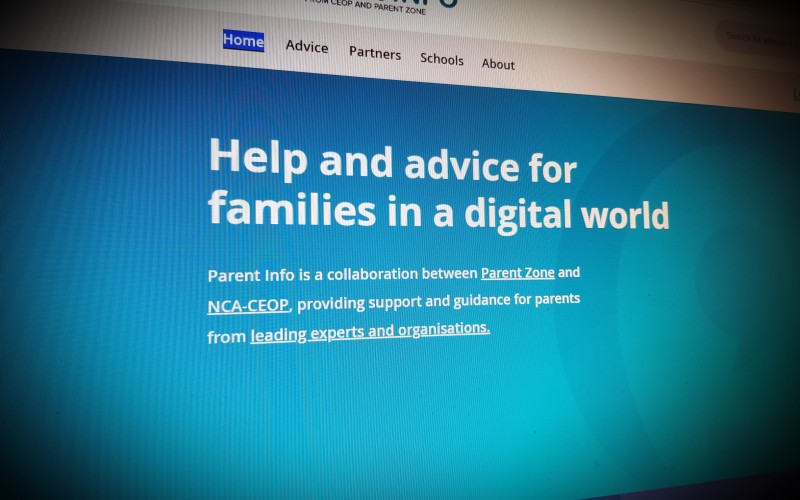
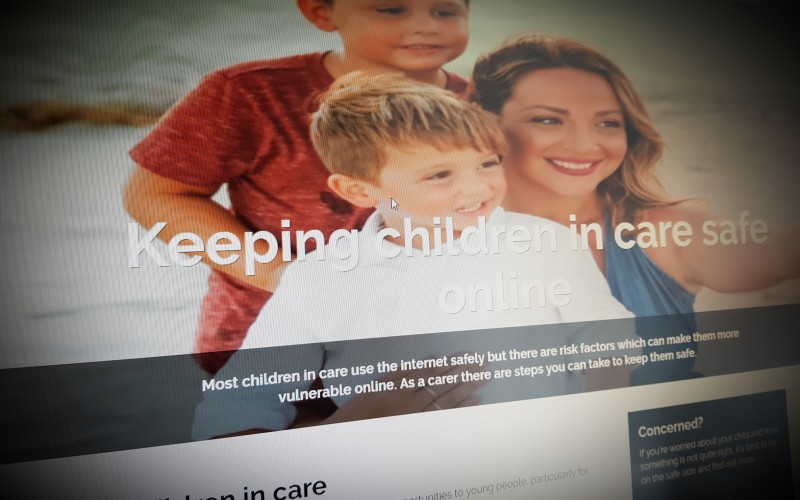
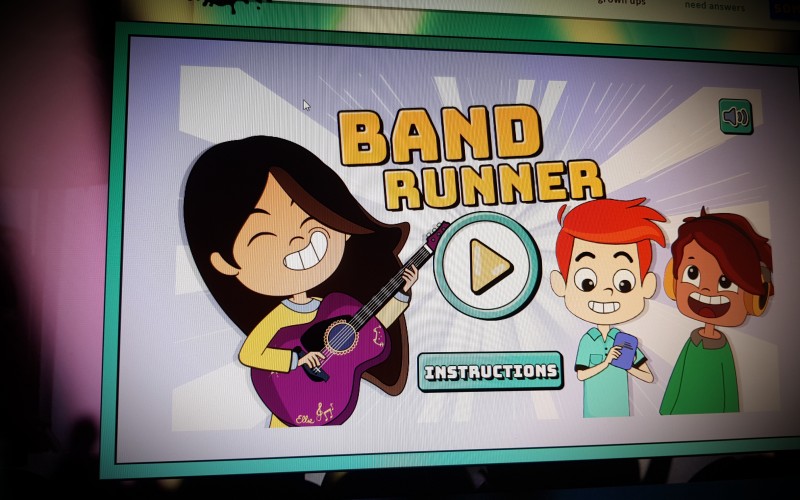
Comments
make a comment